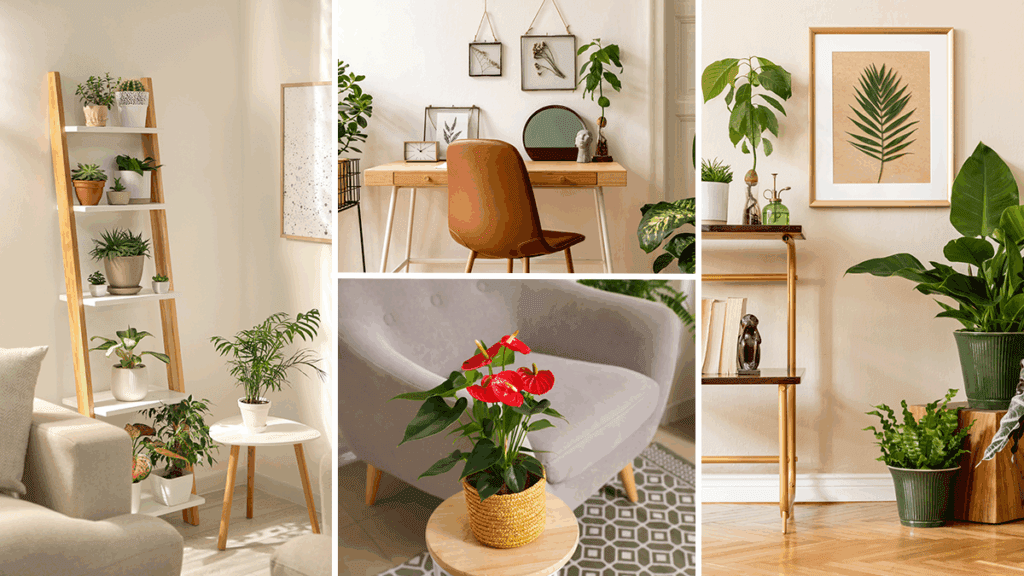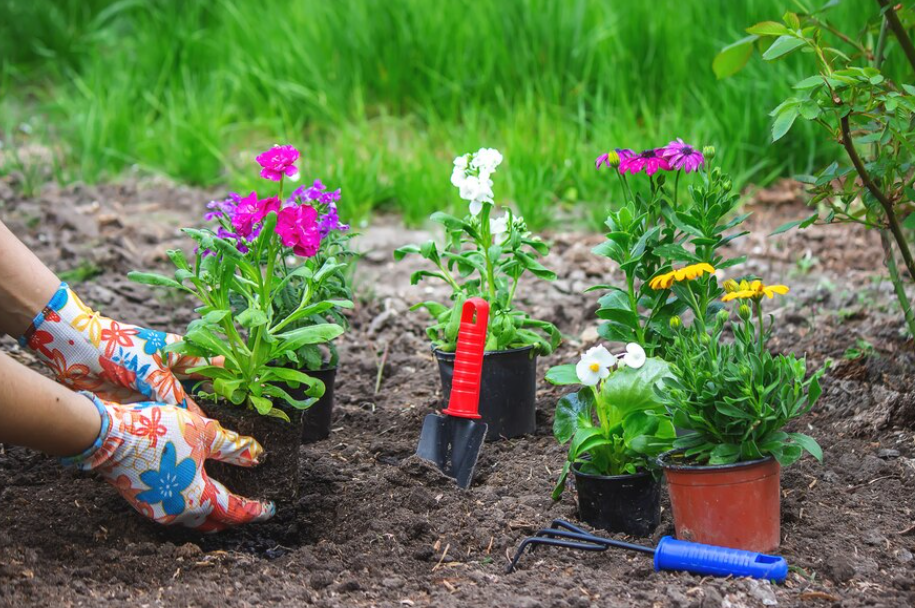With the onset of the first raindrops, our gardens come alive—fresh, green, and vibrant. But as the monsoon brings freshness to the land, it brings some very unwanted friends along with it: pests. Slugs, aphids, fungus, mosquitoes. the list goes on, and the harm? Disheartening.
After all, nobody wishes to wake up to dead plants or soggy roots, right?
The good news? With some careful adjustments, your garden can remain as cheerful and in bloom—even in the midst of the monsoons.
1. Drainage First, Always

Poor drainage is among the most common offenders during monsoon. It results in water-logging, which then becomes a breeding ground for mosquito larvae, fungus, and feared root rot. To avoid this:
- Ensure pots and planters have adequate drainage holes.
- Elevate containers slightly above the ground.
- Unclog clogged outlets and make sure excess rainwater flows away smoothly.
Tip: Refrain from keeping pots in spots that collect water after heavy downpours.
2. Keep It Clean – Debris is a Hidden Threat

It’s tempting to ignore fallen leaves and broken branches, especially since they don’t seem to be doing any harm. However, with time, this natural litter forms the ideal habitat for slugs, snails, and fungus.
- Sweep dead leaves regularly.
- Don’t allow wet organic material to accumulate.
- Clean pots, planters, and paths regularly.
Your plants will breathe easier, and so will you.
3. Go Natural, Go Gentle

Strong chemical sprays may eliminate pests—but they usually damage the environment, your pets, and your plants as well. Fortunately, nature provides strong, natural pest control solutions in your pantry shelf.
Use these homemade repellents in your garden:
- Neem oil spray – great at eliminating aphids and whiteflies.
- Garlic and chilli spray – repels bugs.
- Turmeric powder – antifungal.
- Mild soapy water – controls mealybugs and mites.
These homemade remedies are eco-friendly, safe, and gentle on the planet.
4. Don’t Overcrowd the Party

You are tempted to add more pots to your green niche, especially when everything is so greeny during monsoons. But with overcrowding comes a humid microclimate that’s heaven for pests and fungal diseases.
- Provide some space to each plant so they get sufficient light, air, and water.
- Prune regularly for better air circulation.
- Pick and choose wisely: quality over quantity.
A well-spaced garden is not only more attractive—it’s more healthy as well.
5. Let Nature Defend Itself – Companion Planting

You know about companion planting? It’s a genius technique for repelling pests—by planting certain plants that naturally deter insects.
Here are a few reliable companions:
- Marigold – chases away nematodes and aphids.
- Mint – disorients ants and flies.
- Basil – keeps mosquitoes and flies at bay, and adds flavor to your meal.
Bonus: These plants are beautiful and so convenient in the kitchen.
6. A Gentle Nudge Goes a Long Way

Not all pests require poison or panic. You can merely pick off slugs and snails by hand, shooing them away from your plants without causing them any harm.
Spreading crushed eggshells around plants will deter these soft-bodied pests too—though you’ll be contributing a little calcium to the soil as well.
Final Thought
Monsoon gardening is as much a matter of patience as it is of passion. A little extra attention, a few careful steps, and some natural remedies can go a long way in maintaining your garden not just pest-free, but really thriving.
Also Read : 8 Poppy Plants for Breathtaking and Vibrant Gardens





